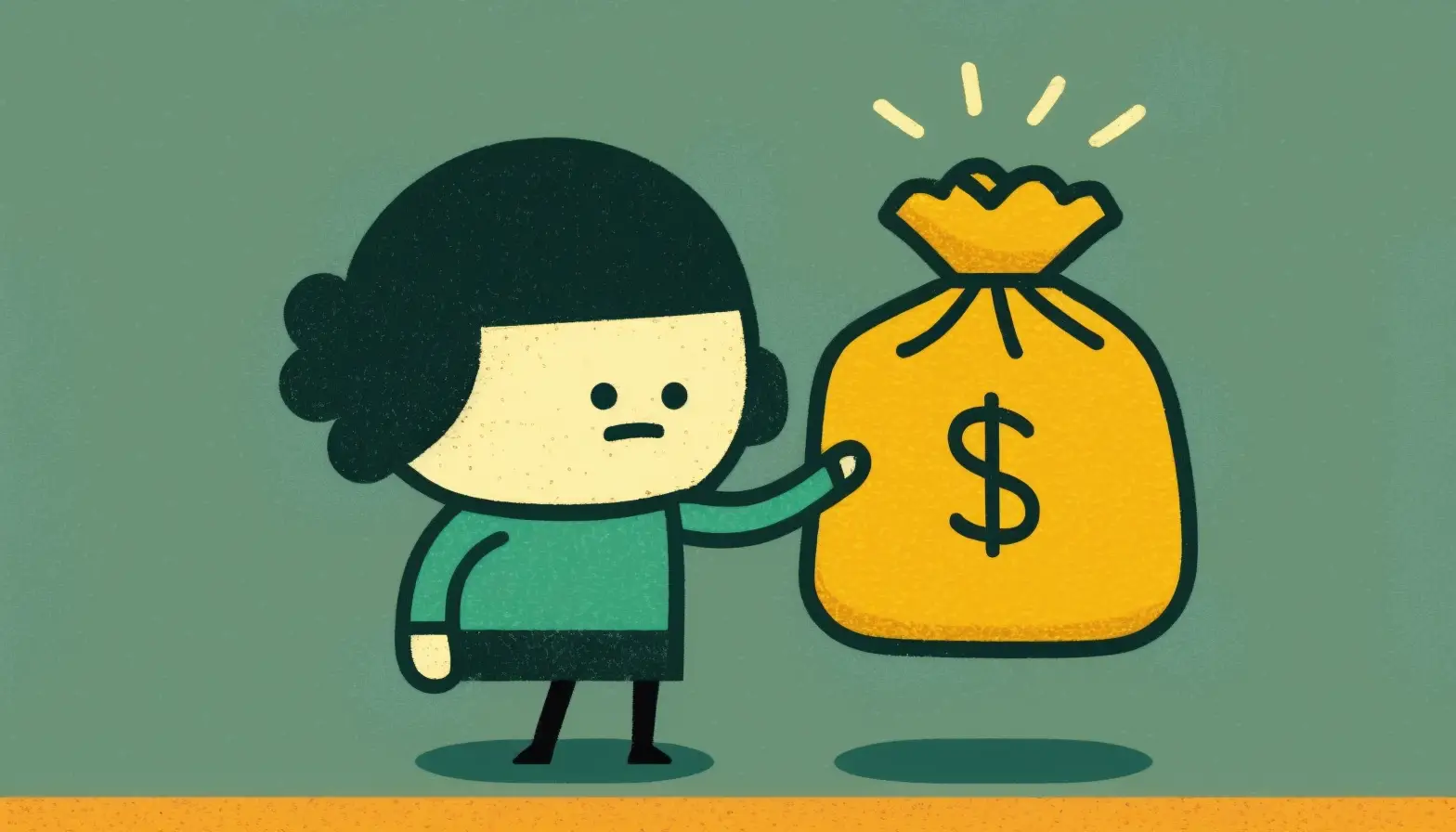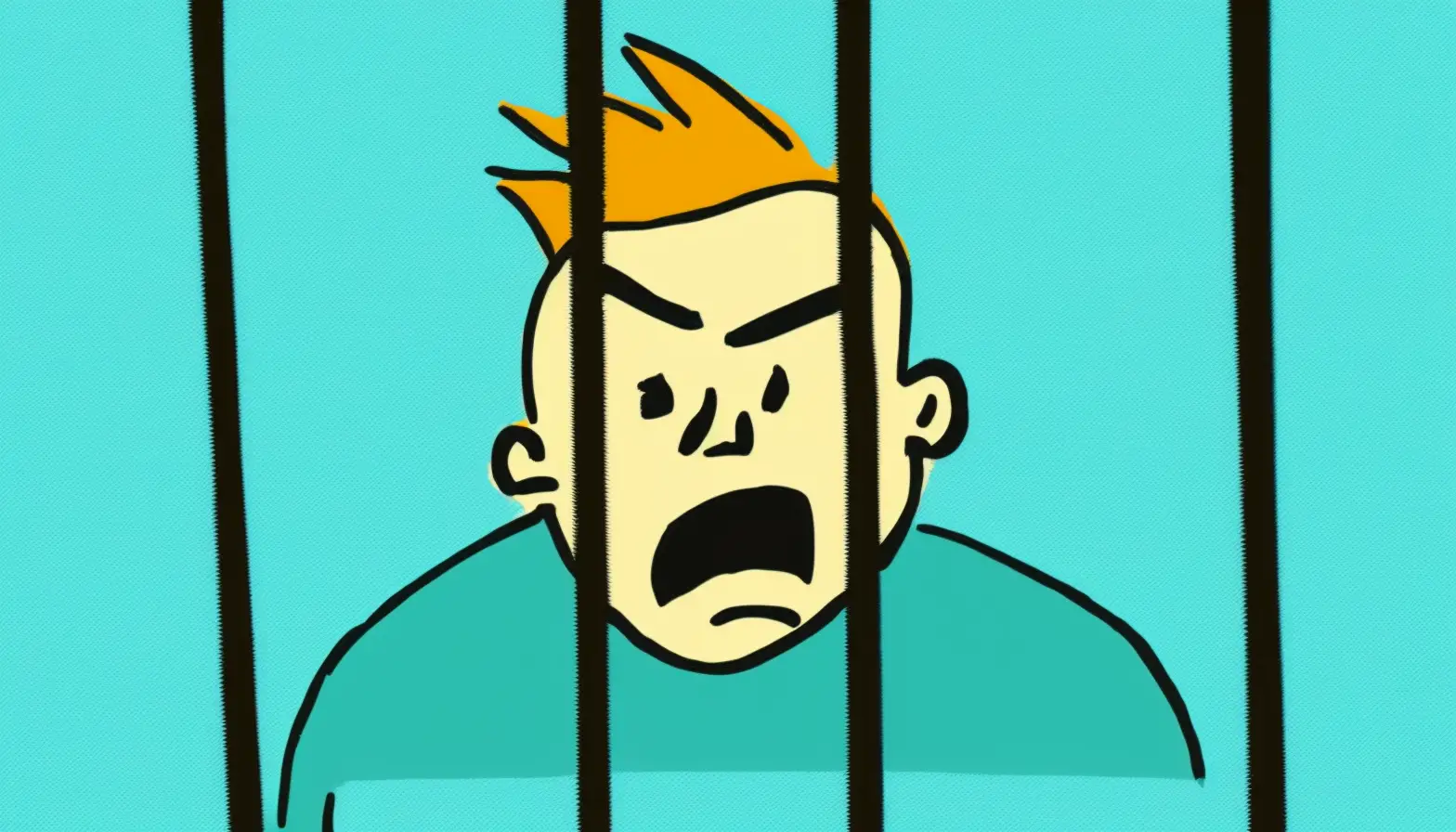The differences between a misdemeanor and a felony are subtle but important. A misdemeanor is generally considered to be a less serious crime, while a felony is typically considered more serious and can often result in harsher punishments. Depending on the severity of the crime and your prior criminal record, misdemeanor convictions may be punishable by a fine, community service, probation, or jail time. Felony convictions typically involve longer jail sentences and more serious consequences such as losing the right to vote or hold public office.
When you keep reading you’ll learn 3 examples of misdemeanor vs felony crimes, and the different punishments you might face if convicted.
Misdemeanor
A misdemeanor is a less serious type of criminal offense. Misdemeanors are typically punished by a fine and/or a short term of imprisonment, usually less than a year. Examples of misdemeanors include petty theft, disorderly conduct, simple assault, and DUI (Driving Under the Influence).

Consequences of a misdemeanor conviction can include the following:
- Fines: Depending on the severity of the crime, the defendant may be required to pay a fine as part of their punishment.
- Jail time: Misdemeanor convictions often result in a sentence of jail time, typically for less than a year.
- Probation: In some cases, a defendant may be placed on probation instead of being incarcerated. Probation involves a set of conditions that the defendant must follow for a specified period of time, and failure to comply with these conditions can result in additional penalties.
Felony
A felony, on the other hand, is a more serious type of criminal offense. Felonies are typically punished by a term of imprisonment of more than one year, and in some cases, life imprisonment. Examples of felonies include murder, robbery, sexual assault, and drug trafficking.

Consequences of a felony conviction can include the following:
- Lengthy prison sentence: A conviction for a felony crime typically results in a sentence of imprisonment for more than one year.
- Fines: Depending on the severity of the crime, the defendant may be required to pay a substantial fine as part of their punishment.
- Loss of rights: Felony convictions can result in the loss of certain rights, such as the right to vote or own a firearm.
Differences between Misdemeanors and Felonies
The key differences between misdemeanors and felonies include the severity of punishment, the impact on a person’s life, and the legal process and proceedings. Misdemeanors are less severe and result in less severe punishments, while felonies are more serious and result in more severe punishments.
In terms of the legal process, misdemeanors typically involve a simpler process and may not require a trial by jury. Felonies, on the other hand, involve a more complex legal process, including a trial by jury, and have more severe consequences.
Factors that determine the classification of a crime
The classification of a crime as a misdemeanor or a felony depends on several factors, including the severity of the crime, the intent of the offender, and the circumstances of the offense.

For example, if a person intentionally causes harm to another person, the crime may be classified as a felony. If the same crime was committed as an accident, it may be classified as a misdemeanor. Additionally, the severity of the crime can play a role in the classification. For example, theft of property valued at a certain amount may be classified as a misdemeanor, while theft of property valued at a higher amount may be classified as a felony.
Consulting an Attorney
If you have been charged with a misdemeanor or felony crime and are facing potential jail time or other severe consequences, it is important to work with an experienced criminal defense attorney who can help guide you through this process. An attorney can provide legal advice and representation throughout your case and advocate on your behalf in court. Whether you need guidance navigating the criminal justice system or assistance negotiating a plea deal, an attorney can help ensure that your rights are protected throughout the process.
